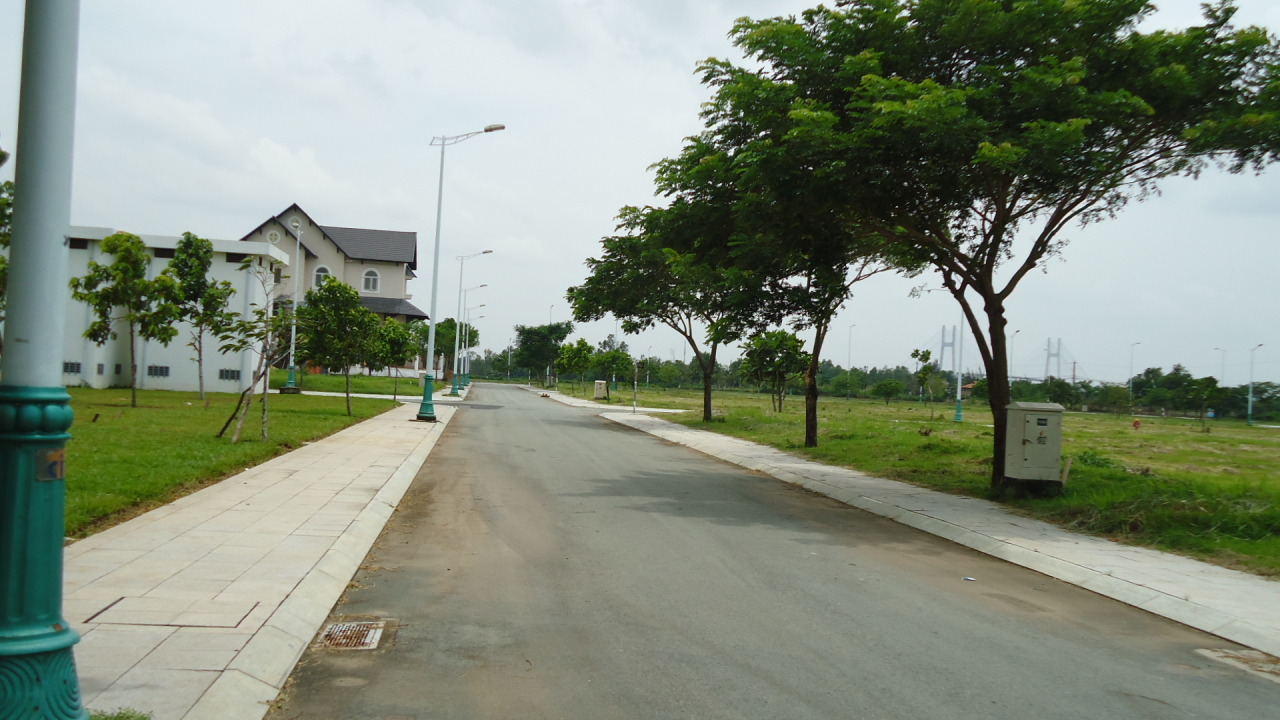“Residential Land” causes difficulties for businesses
Responding queries regarding real estate businesses owning a land fund which is not residential land asking for investing in projects, the Ministry of Construction said the housing law does not regulate the orders and procedures of bidding to select investors. The 2014 Housing Law said the selection of investors for building commercial houses is implemented through auctions of land use rights, with bidding on projects using land. Ensuring investors have met enough conditions as stipulated in the Housing Law, aswell as having a legal right to use the residential land.
The law also stipulates that transferring agricultural land to residential land will be implemented after finishing procedures for recognizing investors and procedures to approve the projects.
However, according to the Law, one of the conditions to be recognized as project’s investors is that businesses must have legal residential land. Two overlapping regulations have arisen, causing difficulties for businesses as it is hard to have 100% legal resident land.
"Currently, the land fund having “red books” and the land has completed legal procedures count on one side. This regulation will cause difficulties for enterprises because if they are not recognized as project investors, the projects will get stuck permanently. When the supply is limited, it is inevitable that housing prices will increase. People will have to buy real estate at high prices and the state will also lose revenue because of not collecting land use fees, taxes and all other related fees,” an owner of a real estate business shares.
In addition, many businesses urgently said that completing a legal dossier for the project takes 2-3 years with many time consuming procedures, hardships, and costs.. The requirement for approval saying that the investor must own 100% of the legal land is much "stronger", "blocking" the project for development.

Proposal for amendment, removing difficulties for businesses
According to the municipal Construction Department, since July 1 2015 (when the Housing Law took effect), the department has received documents asking for recognition of investors for 170 projects, with 44 projects having legal land use rights (accounting for 26%).The rest is from agricultural land compensation or specialized land (about 74%).
Lawyer, Bui Quang Nghiem, was cited by Thanh Nien that the figures showed that there is no business in the first phase of having 100% residential land to turn into a project. For example, in the city’s centre, if applying the regulations there would be at most 2,000 sq.m to be used for building 50 floors of apartments. This affects residential area development a lot, especially in big cities such as HCM City, Hanoi, Da Nang, and Hai Phong.Thus, it’s extremely hard even impossible for businesses which want to invest.
Sharing the same view, a representative of the Ho Chi Minh City Real Estate Association affirmed the state agencies do not approve investment policies for businesses which received land use right transfers to develop a real estate project, including residential land, agricultural land, and non-agricultural land. This is one of the reasons leading to the decline in projects and housing products. Many businesses are in a difficult situation, with long-term capital being backlogged, suffering from high interest rate and bad debt, or are even on verge of bankruptcy. This is a pressing issue which needs to be addressed to remove the bottleneck of the real estate market and also ensure the consistency of the legal system. This is also one of the reasons leading to the decline in market supply in recent years, especially in the first 10 months of this.
Recently the Ho Chi Minh City Real Estate Association has continued to send petitions on the issues above which are blocking real estate businesses.


















